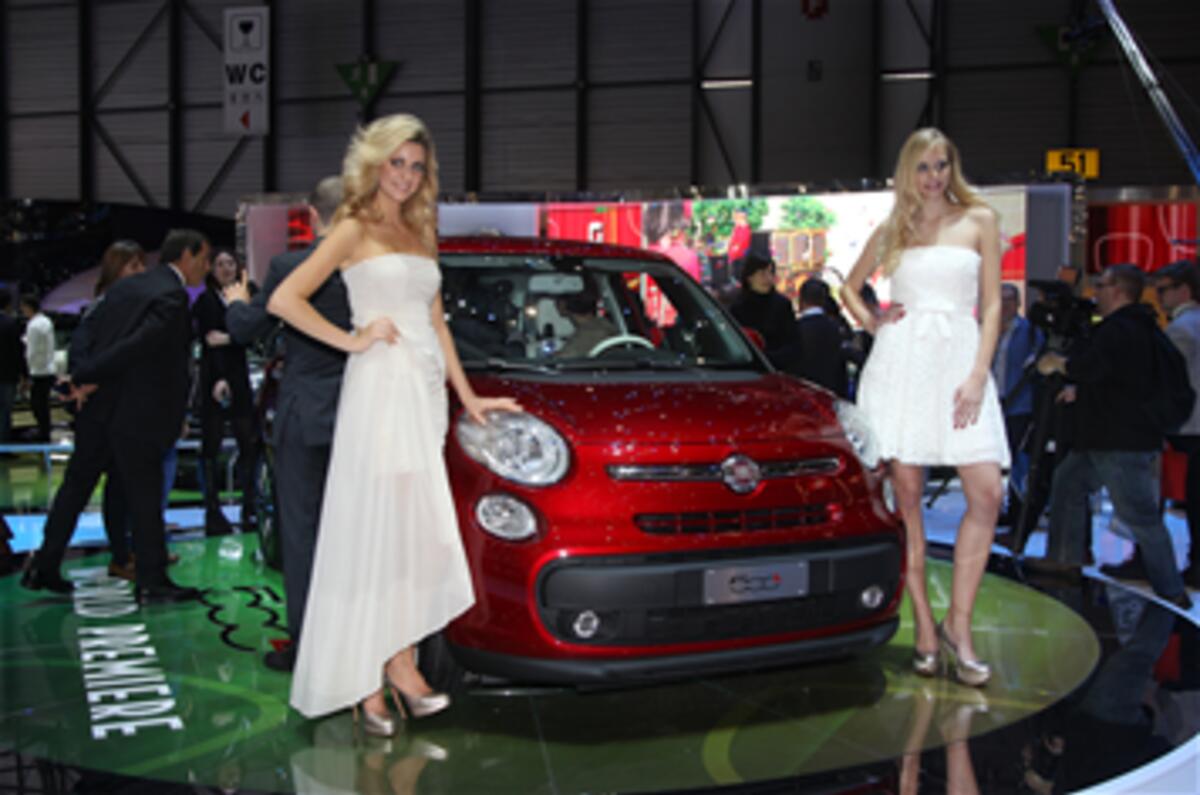Fiat may never make a car positioned above the C-segment, according to Fiat-Chrysler chief Sergio Marchionne.
Fiat ended production of its D-segment Croma last year and therefore no longer makes a model larger than the Bravo. The latter is soon to be replaced with a model similar in concept to the Qashqai.
Speaking at the Geneva motor show, Marchionne said the failure of the Croma – “which I thought was a very good car, but it could never gain traction” – has forced him to re-evaluate how he views the brand.
“We need to be clear on the potential of the Fiat brand and its DNA,” he said. “Now we have Chrysler, we don’t need to push Fiat into a space it can’t manage. We also have Alfa to play higher than Fiat.”
Fiat has launched the 500L at the Geneva show, a model Marchionne “will watch with interest as it may prove the 500 can be a success as a brand in its own right”.
“The 500 and Panda are our cornerstones,” he said. “We have maybe extended Fiat too far in the past, but not like some other brands have. That may be it for us in the D-segment. If we didn’t have Chrysler I’d be scared but we can survive in the smaller segments. We don’t want to push Fiat too far where it wouldn’t stand a chance.”









Join the debate
Add your comment
Fiat has taken the right
Fiat has taken the right decision for the time being. It never matters whether you are making big or small cars. What really matters is the quality and popularity. Once Fiat gains momentum then it can again come back to the market with big cars.
BMW Repair Long Beach
Re: Geneva news: Fiat 'won't make big cars'
He's dead right. Fiat's main attribute is its ability to make good small, cheap and innovative cars - every attempt to sell upscaled premium models has met with dismal failure. I'm surprised that it has taken the company so long to reach this conclusion. The only concern is that today's C-sector models are actually quite large in absolute terms, so even achieving decent volumes with the Bravo could be a struggle.
Re: Geneva news: Fiat 'won't make big cars'
No, I think he's being sensible and trying to manage his brands without them all cannibalising each other.
VAG are big enough and rich enough to have VW, Seat, Skoda and Audi all competing in the same segments and each getting enough out of it to make it worth their while. Fiat don't have the same resources and he's smart enough not to fall into the trap that others have fallen into before of trying to compete in every segment.
What they need is a way of progressing customers from one brand to the other, and that requires more education and shared retail space, so a customer PXes their Panda or Bravo for a Chrysler or Alfa rather than going elsewhere (and vice versa). Larger brands can step their customers up to the next model far more easily.
I think he's on the right track, but it's different to what most manufacturers are doing. So it requires less money to spend on product development but more money spent on educating customers and careful marketing. But at least he's thinking differently to the rest of the herd.